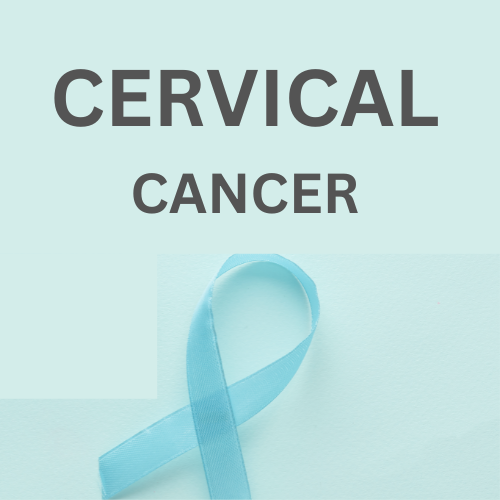News
Cervical Cancer: Less Deaths May Be Recorded in Coming Months

The complexities of the human body is one of the exceptional miracles of nature. However, even the most perfected and optimal systems can malfunction.
Most people are ignorant of cervical cancer, hence the need to shed more light on it. Cervical cancer remains one of the most prevalent types of cancer amongst women globally. The cancer develops in the cervix which is the lower part of the uterus that is connected to the vagina. Research from the WHO has it that cervical cancer is the fourth most common form of cancer in women. In 2018, more than 300,000 women died of cervical cancer, 342,000 in 2020 and around 350 000 deaths in 2022,
Human Papillomavirus(HPV) is said to be the main cause of cervical cancer. HPV is a common virus that is spread from person to person during sexual intercourse. CDC emphasizes that half of sexually active adults will have HPV at some point in their lives, but the consolation is that only few of these people will actually have cervical cancer. According to the CDC, anyone with a cervix is at risk for cervical cancer and it occurs mostly in women over 30 years of age. Other factors include smoking, a weakened immune system, and a family history of the sickness.
In the early stages, cervical cancer may not show signs and symptoms, but advanced cervical cancer may show symptoms like abnormal bleeding and or discharge from the vagina especially after sexual intercourse. It is crucial to note that these symptoms may also be indicative of conditions other than cervical cancer, which is why the CDC advises one to see a doctor for proper check-ups and diagnosis.
According to the WHO, six HPV vaccinations were released globally in 2023, and they have all proven to be safe and effective in preventing HPV infection and cervical cancer. They offer protection against the high-risk HPV strains 16 and 18, which are responsible for the majority of cervical malignancies. The CDC has emphasized that early detection is also a way to prevent cervical cancer, as the patient can get the vaccine.
In October 2023, Nigeria introduced the HPV vaccine into its immunization system, with the aim of reaching 7.7 million girls. This was made possible with support from vital players like the Ministry of Health and Welfare, the World Health Organization, and other partners. Vaccination facilities have been set up in all 4,163 wards throughout the 16 states participating in the phase one deployment to guarantee that no eligible girl is left behind. To guarantee that even the most isolated populations can receive the vaccine, mobile vaccination units have also been established. UNICEF has procured over 13 million HPV vaccines for the Nigerian government. According to a news story published by the United Nations, the first vaccine was introduced in October 2023, while the second phase will be introduced in May 2024.
“This is a pivotal moment in Nigeria’s efforts to lower the burden of cervical cancer – one of the few cancers which can potentially be eliminated through vaccination”. WHO representative in Nigeria, Dr. Walter Kazadi Mulombo says.
The vaccine has proven to be a beacon of hope for women and girls around the world, and thankfully Nigeria and other countries have begun implementing measures to make this issue of cervical cancer a story of the past.

